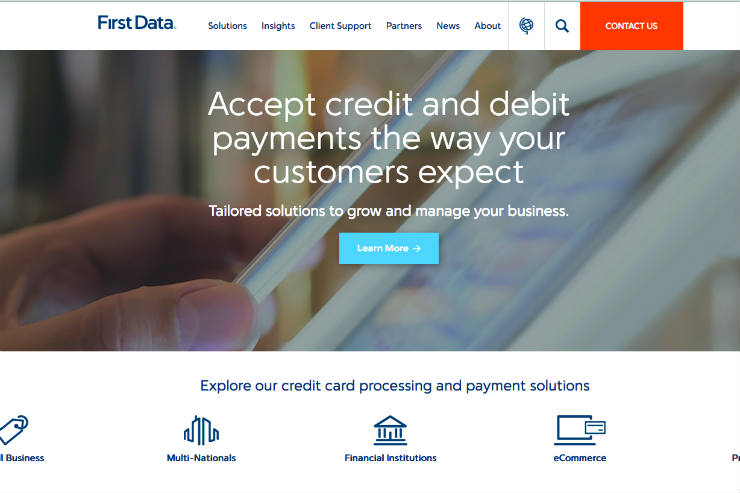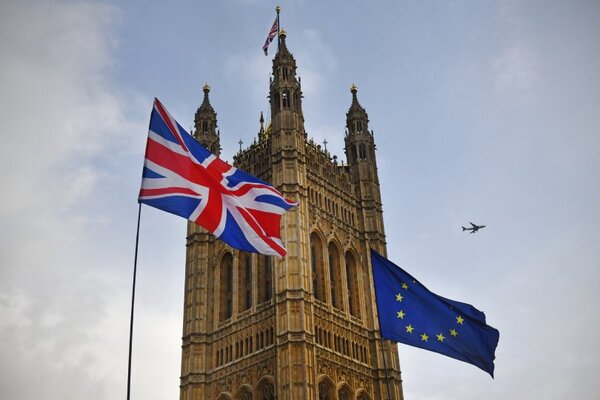Combating data loss after GDPR implementation
Dwindling client databases may be a negative aspect of the new regulations, but there are ways to ensure your business still thrives. Andrew Doherty speaks to agency owners who have purchased a database and generated new business.
With the General Data Protection Regulation (GDPR) now in force, travel agencies should be looking at how they comply with the new rules.
According to the Information Commissioner’s Office, the new regulations require businesses to prove consent was given at the time of data collection; for records to be kept of all personal data; to show what data is being used for; and detail how long it’s kept and how it’s protected.
Failure to comply may result in hefty fines. However, presenting clients with the choice to opt out of marketing emails could also have negative implications for travel agencies too.
Fortunately, GDPR doesn’t have to be all doom and gloom. If you do suffer a reduction of data as a result, there are ways to go about rebuilding it – one of which could be investing in new data by purchasing a database from a third party.
We speak to two agencies that have gone down this route and ask them about the process, how they used the new data and the pitfalls other agents should be aware of if they decide to follow suit.
Pre-empting data loss
Nick Harding-McKay, managing director at London-based agency Travel Designers, decided to purchase a database to pre-empt the “inevitable loss” of clients on his agency’s mailing list.
“We know we are going to lose a lot of people on our database – they are not going to sign up again. But we also bought the data to have a strong, accurate database. It makes sense – we don’t want sales to drop,” he says.
After researching data collection companies, Harding-McKay settled on Selectabase, a direct marketing data supplier. Initially having reservations, he researched its credibility before making contact to ascertain whether it was GDPR compliant.
As a weddings and honeymoon specialist, Harding-McKay wanted Selectabase to specifically target those couples who wanted to get married within a five-mile radius of Travel Designers’ offices.
“We thought that would be close enough for people to travel into the store – we’re trying to increase the number of people that come to the office and not just book via the website. The database costs us around £60 a month, which covers keeping the database up to date and searching for new data, and you have to sign up for a minimum of a year. You can’t judge ROI on one month’s activity, though – one month could be bad and the other could be good. It took six months to see if it worked for us.”
Travel Designers used the data in a “three-pronged” approach by posting traditional door-drop material to catchment households, emailing out its agency’s e-zine and following up with a phone call.
“We’ve gained 903 new names on our database within six months and we’ve had 15 bookings, so that’s quite reasonable. My advice for agents is don’t bite off more than you can chew. It’s nice to say that you have loads of names on a database, but if you can’t manage it marketing-wise, then what’s the point of having one?”
Looking ahead, Harding-McKay plans to increase the size of the data catchment area, but only if it adheres to a specific set of rules.
“I will look at the next five miles to see if the catchment area crosses other travel agencies. Why would clients come to us when they have a great independent agency already in their area? I don’t want to waste my money. If that’s the case, I’d rather have a look at the same five miles but choose a different category to target – for instance, people who are interested in escorted tours.”
Targeted mailshot
For Andrew Devine, director at Beaver Travel, the idea of purchasing a database was recommended by an acquaintance.
“The company we used was called First Data. We drove down to Basildon and met the team and they seemed to fit the bill. They have some well-known companies on their books, so we knew we could trust them.”
Beaver Travel drew up a set of guidelines for First Data to target households that spend more than £20,000 a year on holidays.
“We also told them the areas that we’d like to mailshot to and gave them a catchment zone. We ended up with more than 10,000 names. We also placed a couple of mystery shopper addresses in the catchment area to make sure they were getting the right literature out, which I’d recommend agents do.”
Unlike Travel Designers, Beaver Travel opted for First Data to send out marketing materials on its behalf.
“We paid £2.30 for three mail-outs, which worked out at £23,000 for 10,000 households. As a result of our efforts, we obtained 22 new clients. It may seem that we didn’t get a good return, but we ended up making more than £1,500 in commission from each of the resulting bookings.”
Devine says Beaver looked at its catchment area and realised that potential clients would prefer paper marketing materials rather than emails. He says that agents who are supplying traditional door-drop materials must ensure they are both eye-catching and informative.
“When it lands on a client’s doormat, the last thing they want is 10,000 words telling them how fantastic you are – they just won’t read it. Mail-out two and three have to follow up from the first too, so there is no point in sending something completely different. It’s got to have continuity.”
For agencies on a modest budget, Devine recommends trailing a smaller number of people before increasing the size of the catchment area.
“Also make sure you have a non-disclosure agreement (NDA) if you’re mailing potential new clients yourself. You have to make sure you’re not liable if something goes wrong.”
A legal guide to GDPR
Farina Azam, partner at Travlaw, offers legal advice to consider when purchasing a database from a third party.
“You would want warranties from the seller [of the database] that the data they are sending is GDPR compliant and that they have obtained consent from the customer.
“When buying in databases, it’s only worthwhile contacting those customers for marketing purposes if [the travel agency] was named at the time of obtaining consent from the customer. The travel agent will have to be named as a third party to whom the customer consents that their data is passed on to.
“Where data is brought in by a third party, the only way to contact people going forward under GDPR is if you can argue legitimate interest or compliance.
“It comes down to how agencies want to be able to contact the customer moving forward. Because they are not existing customers, they’ve only got two options, really: they rely on explicit consent or they rely on legitimate interest – ie, they have a legitimate interest to be able to market to these customers.
“However, they will not be able to argue legitimate interest when they want to email the customer because there are specific rules that apply to email and text marketing under the Privacy and Electronic Communications Regulations.”
Find out more about the Privacy and Electronic Communications Regulations at ico.org.uk/fororganisations/guide-to-pecr
















